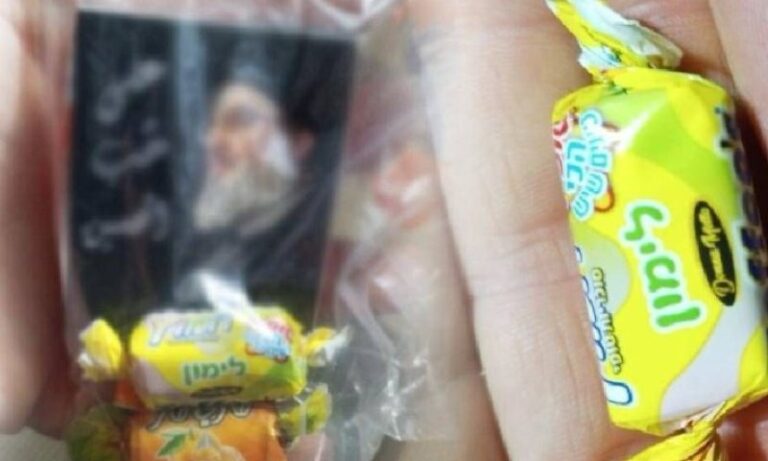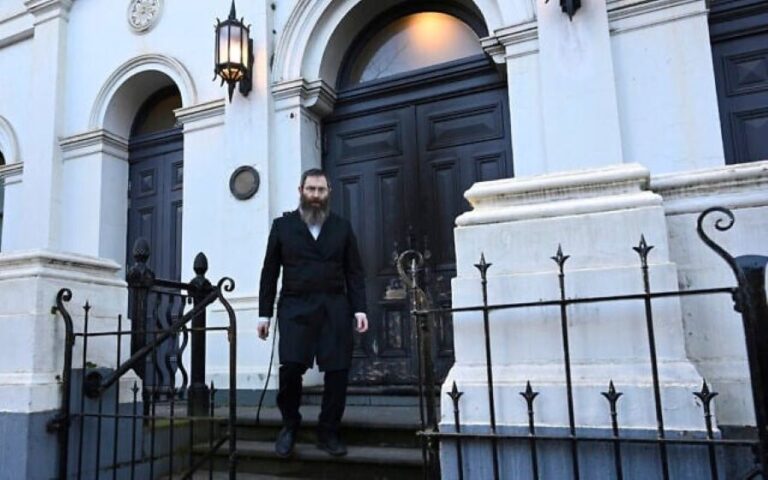This weeks דבר תורה is לזכות רפואה שלימה ל-אברהם בייניש בן גאלדה שפרינצה.
ולאה בת חנה
And לזכר נשמת ר’ אברהם בן שמחה זצ”ל
ר’ חיים בן ר’ צבי ארי-ה זצ”ל
ור’ יחיאל יהודה בן ר’ אברהם מרדכי הכהן זצ”ל
In the beginning of this weeks parsha the Torah discusses the mitzvah of Shemita where a person works his field for six years and then on the seventh year he lets it lay fallow, as the Torah calls it a Shabbos l’Hashem. The Mefurshim explain the reason for this ‘rest’ is because the land needs a break and in order for it to produce to its full potential we allow it to have a sabbatical.
The Kli Yakar asks, if the whole yesod of the mitzvah is for the land not to be worked on, then what is the reason for the punishment portrayed in the tochacha. The Torah in the tochacha describes that the punishment for someone who works his field on Shemita is that he goes into exile. If the whole point of not working the land on the seventh year is because we want the land to rest, then even if we drive this person out of town it would seem that there was nothing significantly accomplished because the land is still not being worked on just like we wanted originally! So what is the purpose of this punishment of driving this person into exile?
Furthermore, we know that Hashem runs the world. If a person worked his land on the seventh year when he isn’t supposed to why can’t Hashem make nothing grow and he will not see any fruits of his labor?
The Kli Yakar answers the following:
Hashem wants man to come to the understanding that any personal gain and one’s entire livelihood comes from up above. He wants everyone to call out to him and to rely on him solely. If a person davens and puts in his efforts and is also a smooth talker or a polished businessman, he may incorrectly think that Hashem helped him. In his mind he will think “It was really my efforts and characteristic traits that was the main reason of my success”. Therefore, once in every seven years Hashem wants everyone to realize exactly who controls the source of blessings.
The Chovos Halevavos writes that the reason why a person has to put in effort (hishtadlus) altogether is because of the curse with Adam of b’zeas apecha. It’s not pshat that the more effort a person puts in the more money he will make. Rather, the only reason why a person has to put in effort is because of the curse of Adam.
The Kli Yakar adds that for this same reason Hashem doesn’t allow us to lend money with ribis. A person may say, it is MY money that is out there; it’s lent to everyone and yet it’s coming back to me with profits. What do I need Hashem for? A person will lose sight of who is supplying him with all his money.
The curse that the nachash received since he caused Adam and Chava to sin was that he will eat dirt. Wherever he goes, he will eat from the ground and it will taste like dirt. On the surface it might seem more like his punishment was better than ours. Humans have to get in a car, drive to a restaurant, look and pay for parking and then pay for the food every time we want to go out to eat. Imagine if we were able to eat grass? We could eat anytime, anywhere and whenever we wanted. It seems like a beracha that the nachash got?
The answer lies in this story; there was a wealthy man who had only one child, a son. He was one of the wealthiest Jews in his time. His son wasn’t your average yeshiva bachur and his father asked of him for but one thing…..whatever you do, don’t intermarry for if you do, I will disown you and not leave you an inheritance . As time progressed his son ended up marrying a goy. The father didn’t want to completely strand his son, so he gave him two million dollars and told him here-take this and do whatever you want with it. You can start a business or you can invest but don’t call me again, don’t come back to me, don’t ask me for help; you’re on your own.
Hashem told the nachash-here, take your food; you will always have something to eat but don’t call out to me. Goodbye, I want to have nothing to do with you…….and that, is the biggest curse.
We have to understand that everything comes from Hashem and that Hashem wants us to call out to him. We, as yidin, have to involve the ribono shel olam in all our everyday endeavors. We exile this yid because Hashem wants to show him-leave it up to me and I will take care of everything.
May we all merit seeing the yad Hashem in our everyday affairs which can hopefully strengthen our emunah as we anticipate the coming of Moshiach speedily in our days.
א גוט שבת!
A special Mazel Tov to Mr. & Mrs. Eitan O’chana on the birth of a baby boy! May we continue to share in each others simchos and may the bris be b’itoy u’vizmanoy.
Vertluch.com is a site that was created to allow readers the opportunity to gain some insight and Divrei Torah on the weekly Parsha and other Torah topics. Whether speaking at a family Simcha, a friends Aufruf or at the Shabbos table Vertluch.com is sure to have a nice vort which will enhance the atmosphere and will ALWAYS have a meaningful and valuable lesson to learn from it . If you would like to subscribe to our weekly Dvar Torah Email List simply send an email to: [email protected]
If you would like to share a vort, have any suggestions on how to enhance this site or have any questions/comments on a particular vort…..please feel free to send an email to:[email protected]










